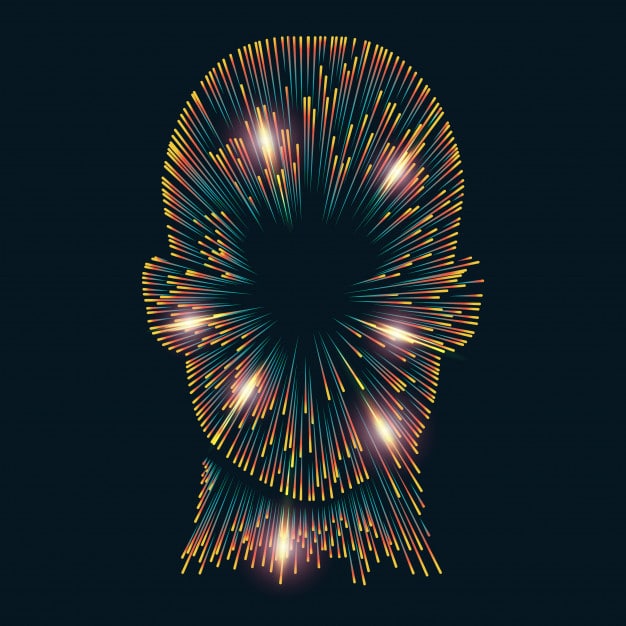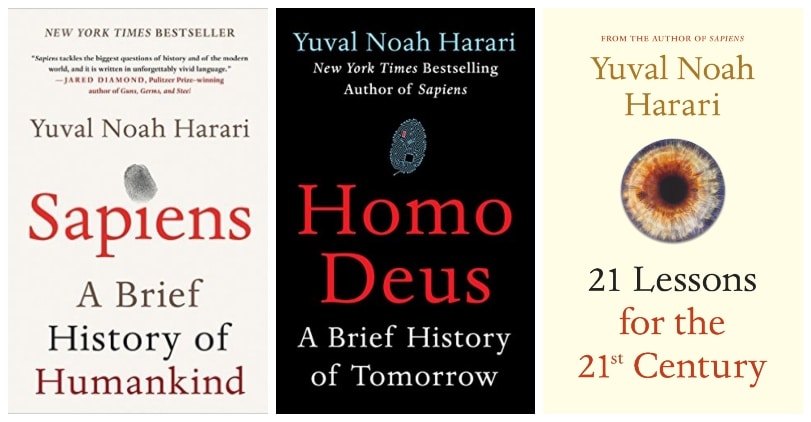What Are the Key Skills You Need to Succeed? Yuval Harari and the Theory of the Future

The New Model of Education
Like Yuval Noah Harari, I believe in education. We need education! And I am not solely referring to institutionalized instruction provided by the education system. This is only a fraction of what education means. We need full involvement in the education process from all of us, realizing that the measure is no longer time and that it is no longer confined to educational institutions alone. Education is a continuous process. Each of us contributes, whether we’re giving feedback, judging start-up projects or even bringing a Bachelor’s thesis before a committee.
Professor Harari notes the need for emphasis to be put on the 4 C’s – communication, collaboration, creativity and critical thinking. Today, more than ever, people need more than just a flow of information. They need the ability to decode information, understand its meaning, and integrate it into a broad context, a global understanding. Another skill that Harari emphasizes is the separation of important information from unimportant data.
First of all, we need to educate ourselves. This is the first step! We are directly responsible for our level of training. And then we can extend to the people around us – family, friends, colleagues, companies, public institutions, the community we are part of. The main obstacle in the way of our education is, according to Yuval Harari, our own psychological block. In order to facilitate learning, it is necessary to change the approach in which we only expect others to contribute to our information, to the development of our abilities. It often happens to look at us as a result of the actions of others. NO! WE are at the center of action.
Labor market and artificial intelligence
I follow the labor market quite closely, I notice the growing demands of companies, but at the same time I notice a decline in terms of candidate skills. But what causes this downward trend? First of all, most candidates cannot evaluate themselves; they do not ask themselves some fundamental questions – where am I, where do I want to go, how can I get there? Some do not have a proper goal to provide them the motivation needed to take action. Many do not have a global picture of what the future will look like and do not know what to prepare for. And that is a problem.

We have become accustomed to thinking in the short-term, setting small goals, never straying too far from our comfort zone. Thus, without realizing it, in a few years, we wake up outside the labor market, where it would be vital to remain active for the next 20 to 40 years.
I am deeply interested in the impact of artificial intelligence, because AI will redefine the global labor market. Yuval Harari signals the potential of artificial intelligence, both in a positive and negative way. Personally, I do not see AI as a threat, but as an opportunity. It is important that we build a relationship with artificial intelligence, understand it, explore its potential to help us, define its limits and develop the ethics that drive its functionality. If we talk about AI in Romania, we need a national strategy …😊 At this moment, we have a working group, initiated by Romanian Business Leaders, within the Repatriot project: https://repatriot.ro/inteligenta-artificiala-levierul-cu-care-romania-ar-putea-urca-in-topul-mondial/. The Government of Romania has other priorities in 2019.
Yuval Harari, face to face with the future
What do we know for sure? In 2019 we are still focusing our education efforts on delivering information and quantity, although we know full well that the same information is a mere click away. Despite Professor Harari’s theories, we place emphasis on memorizing and reward mechanical assimilation of data. We need to interpret information, determine its importance and, last but not least, determine the accuracy and usefulness of information. But we’re still basing our education on puzzle logic. Once the relevance of information has been established, connections will be made at an informational level within a new reality picture. This new model of thinking leads to a new product, a new idea, a different project. This is what is necessary for the future.
Yuval Noah Harari believes that education can no longer function according to the old models of memorizing information. There is a need for the development of skills which can help us through reinventing periods. Our education can no longer be focused on acquiring singular abilities, but must encourage continuous reinvention. Harari also offers the solution for building this new model of education. The two main components are: 1. Mental flexibility and 2. Tremendous reserves of emotional balance. It is necessary to get to know ourselves, to be comfortable with ourselves and, above all, to be prepared to step outside of ordinary cognitive areas and to acquire new abilities. These are the ways through which, in the end, we will feel comfortable in the unknown.
I really enjoyed Professor Yuval Noah Harari’s books. I started with “Sapiens: A Brief History of Humankind”, I continued with “Homo Deus: A Brief History of Tomorrow” and I have come to read all of his important books. Yuval Harari is one of the people who help you answer questions about the past, enjoy the present, but also start mobilizing for the future you want.

Another interesting idea of Harari’s is one you read between the lines. It resonates with a grand idea of US, a coming-together of all people, a great mobilization, once we set our priorities. Our impact will be considerably greater.
On the 10th of May, 2019, Professor Yuval Noah Harari will come to Romania and I will have the great honor of seeing him live. This meeting will once again challenge us to escape the current flow of information and expose ourselves to other perspectives, uncomfortable as they might appear on first sight.
P.S.
It would be advisable to try and learn something new every day, to live new experiences, to conquer the fear of the unknown… and eventually to shake off the fear of taking an action, out of a failure to accept the possibility of failure.
Regards,
Claudia

